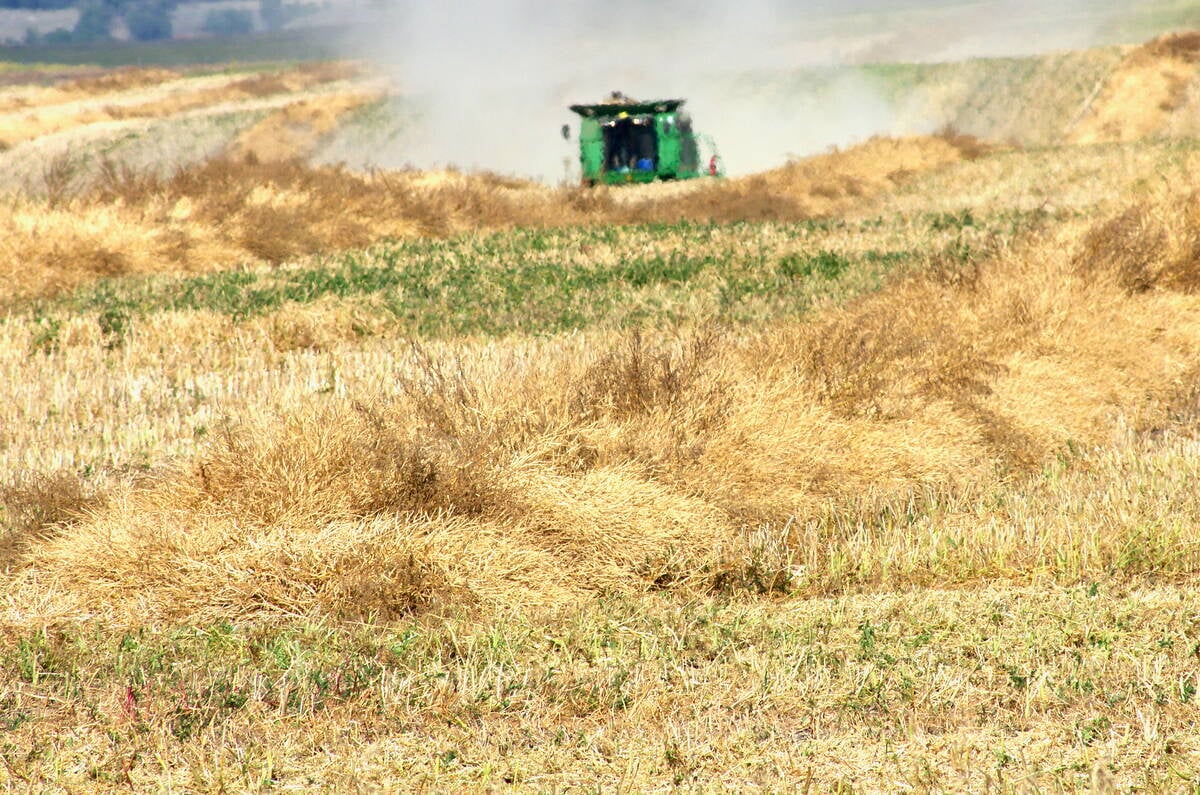Representatives of key players in the western Canadian grain industry gather in Calgary next week to begin devising a blueprint for radical deregulation and restructuring of national policy for the prairie grain industry that it hopes will influence the new Conservative government.
The proposal, when completed, will be presented in Ottawa to what they consider to be a more sympathetic Conservative national government that represents virtually the entire grain-producing area in Parliament.
The group will be calling for consultations with the industry on ways to amend transportation, research investment and Canadian Wheat Board policies that it believes are stifling western grain economy gains, including value-added development.
Read Also

Manitoba searches for Plan B on canola oil exports
A new report explores Manitoba’s current canola oil trade and possible alternative markets to the U.S.
Implicit in the plan is a plea to Ottawa to look beyond the Canadian Wheat Board for advice on how grain marketing should be organized.
The group that meets Feb. 15 in conjunction with the Western Barley Growers Association meeting ranges from Agricore United and the Winnipeg Commodity Exchange to Saskatchewan Wheat Pool, the Western Grain Elevator Association and the Alberta government.
It is a coalition formed last year under the umbrella GrainVision group.
“What we want to do is find a blueprint that will allow for creation of a climate for innovation and wealth creation and that raises the economic maturity of the western grain economy,” Binscarth, Man. grains, oilseeds and pulse grower Paul Orsak said in a Feb. 4 interview.
He said members of GrainVision joined together because of concerns that regulation and policy are holding the industry back.
“It’s not a happy time in the industry out here,” he said. “Yet we have the people, the capital, the innovative spirit, the opportunity. Why isn’t it happening?”
Orsak said recent events have created a potential “watershed” moment for the grain industry: Canadian concessions at world trade talks that undermine the ability of the Canadian government to finance and underwrite Canadian Wheat Board losses; election of a western-based government with a promise to end the CWB monopoly; globalization pressures; a legislatively required review of the Canada Grains Act; and a record income crisis in the grain industry that requires action.
The new Conservative government should be sympathetic to proposals for grain industry reform, said Orsak.
“Look at their election promises and the fact they are so strong in the West and you have to assume they will be more attentive to and in tune with western issues and concerns.”
He said one of the primary pitches from the Calgary meeting will be that the new government consult industry players on appropriate political and regulatory policy.
In a letter advertising the Feb. 15 meeting, he said the alternative to industry leadership is an opening for “government and bureaucratic self-interest, small groups or outsiders” to set the rules.
In the interview, Orsak said the wheat board’s views on the future of industry policy are important but it also is important that organizations created to “serve the industry” not try to lead the industry.
“I think there is a general view that since the changes to the legislation (creating a partially farmer-elected board), the wheat board has become far more political,” he said.
The chair of GrainVision speculated that a survey of coalition members would show overwhelming support for an end to the CWB monopoly as part of the regulatory changes necessary.














